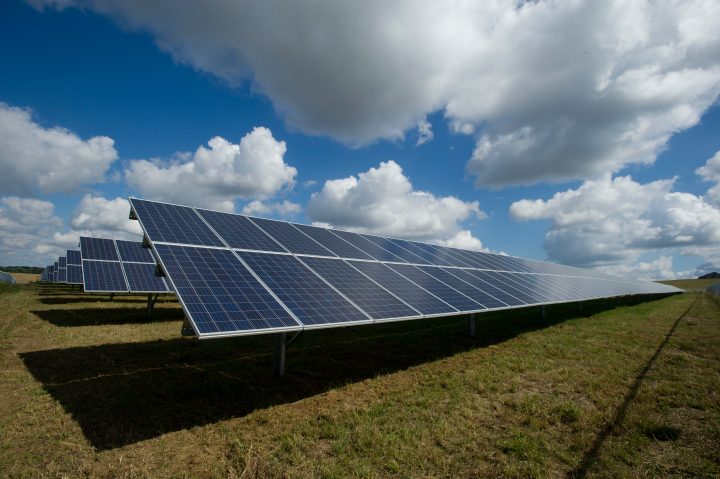Did you know that the Georgia Solar Energy Association says the typical payback period for solar panels in a residential home is around 10-15 years?
If a company gives you a quote that’s less than that, then they might be lying, or fudging their numbers. It would be better to find another company altogether.
There’s a lot more to know before you get solar panels installed on your home or farm in Georgia. Keep reading to find out more.
Is Your Home Even Suited to Have Solar Panels Installed?
Before you even think about getting a solar panel installation on your home, you will need to know if your home is suitable for such an installation.
Some things to keep in mind are:
- Roof structure – The minimum amount of solar space required is 200 square feet and it should be free of any obstructions like shingles, chimneys, and sunroofs. If you don’t have this much space on your roof, then installing solar panels won’t be worth it for you.
- Roof orientation – If your roof is north-facing, then it’s likely to get much less sunlight, than a south-facing one. That’s why you have to consider your roof’s orientation to understand how much money you will make from any solar panels installed on it.
- Any shade nearby – Is your home situated right next to a tall building or something else that could obstruct the sun? Then you will need to consider that in your solar panel installation payback period as well.
How Much Money Will You Save by Getting Solar Panels?
The numbers need to make sense when you get a solar panel installation, otherwise, it’s a lot of work and effort for very little payback. If you will end up saving money on your monthly energy costs, then that’s worth it. Click to figure out what your state solar savings would be.
Or if you get a lot of sunshine, especially living in Georgia, you will probably be able to pay your solar panels back faster and start making money on it right away, as you will have leftover energy to pay into the grid. Consider all these factors when getting a solar home. Additionally, it’s crucial to compare the market energy options available to understand the full financial benefits of your solar investment.
Are the Weather and Climate in Your State Suitable for Solar Panels?
If you live in a state like Georgia, where the sunshine is powerful most of the year and you only have short mild winters, you don’t need to worry too much about this. But in certain states, where it rains quite a bit, or half the year is cold and snowy, you will want to keep the weather and climate in mind before doing a solar panel installation.
Ready to Get Your Solar Panel Installation?
With all this information at hand, you are ready to get solar panels installed, make your home a green energy source, and contribute to a healthier planet overall.
Don’t forget to check out other articles on our website to keep learning about solar panels and more.
